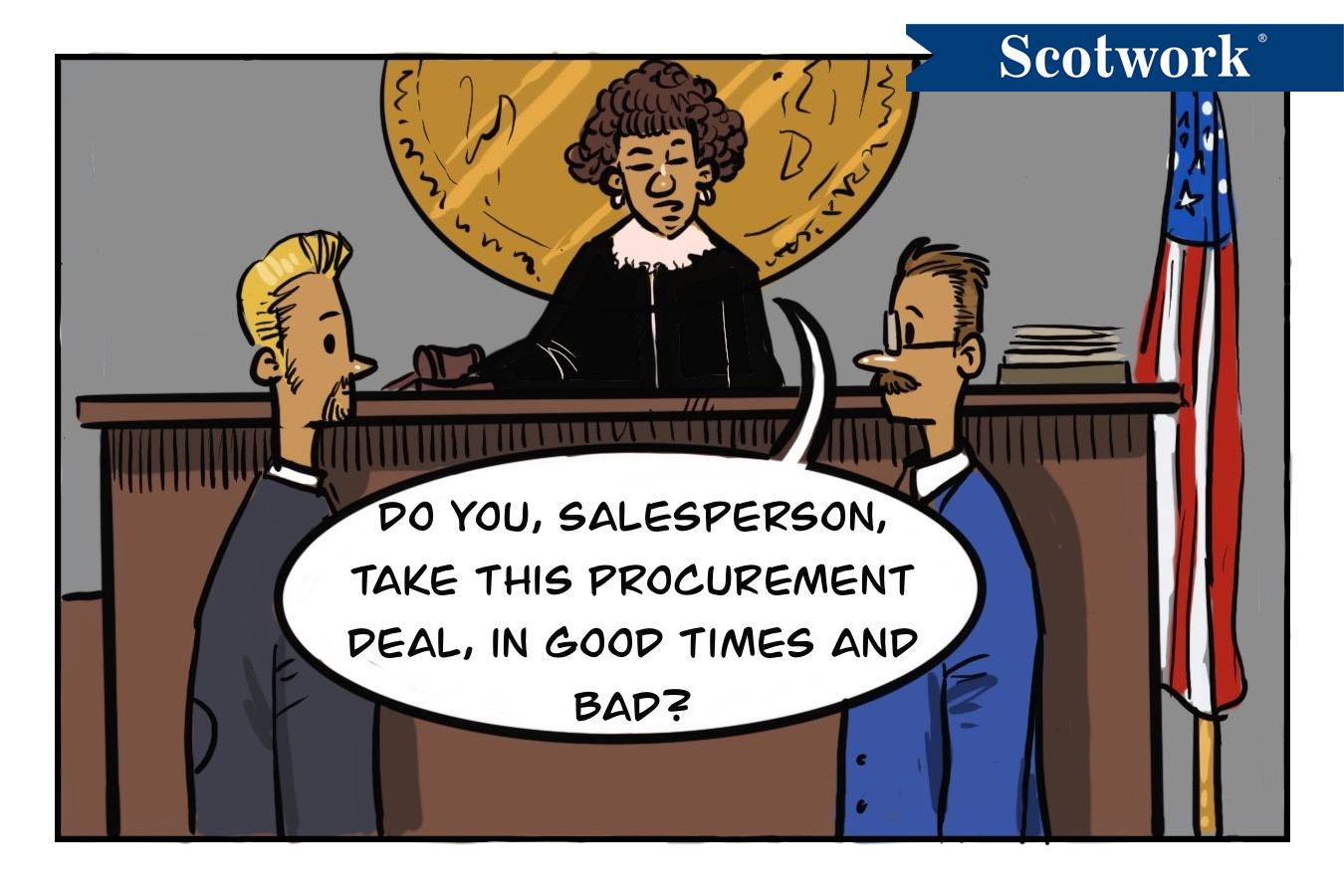Recently, I was talking to a friend who’s absolutely beside himself about an interpersonal issue he’s having at work. He’s losing sleep over it. It’s consuming his every thought, and it’s created a lot of tension and disruption in his personal life. He’s not alone: Studies show that, aside from workload, interpersonal relationships are the biggest cause of stress in the workplace. Nearly 83% of American workers report work-related stress, and it costs businesses $51B a year.
When I think about our own studies around negotiation, I can’t say that I’m surprised by the impact of these interpersonal issues. Our studies show that only 21% of people feel they have improved their relationship with the other side after a negotiation, and only 38% can identify the benefits of their negotiated outcomes. That means there are a lot of people destroying relationships and/or eroding value in every negotiation. Considering that every business relationship starts with a negotiation, this is a massive issue for any business.
If we can fix how we negotiate, then we can reduce interpersonal friction and a significant amount of workplace stress.
So, where do we begin?
By looking at negotiation as a life skill. It’s not just something for professional negotiators, salespeople, or procurement team members. It’s a skill that gets used every day by everyone. Your ability to negotiate impacts every relationship you have.
Negotiations typically happen when the status quo changes or needs to change. Maybe it gets disrupted by something unexpected, or maybe you need to change it because the circumstances no longer suit your needs. Regardless of the reason, recognize that change is the biggest driver of a negotiation.
If you’re the cause of the change, and you want to protect or strengthen your relationship with the other party, then work to understand how what you want will impact them. On the flipside, if you’re impacted by the change, seek to understand why it’s taking place and what it will do for the other party if it happens.
In both cases, understanding the change’s impact and importance to the other side gives you a far better chance of negotiating solutions that address both parties’ needs.
In the end, that’s one of the biggest reasons why so many people struggle with negotiating — they’re focused on themselves and rarely consider the other party. It’s no wonder why many negotiations don’t improve relationships or create value.
Next time you’re faced with resolving a conflict, focus on discovering the following:
- What do I want from this change?
- What am I trying to avoid with this change?
- How will this change impact the other side?
- What might the other side want to make the change?
- What might the other side want to avoid regarding the change?
Exploring these questions gives you a compass to help navigate the journey your relationship will take as a result of the change. It will help you create a collaborative framework (or a map, to extend the nautical theme) that allows you to work together with your negotiation partner instead of against them. This process helps all parties negotiate an outcome that they can support and live with.
We Can Help You Negotiate Change That Everyone Actually Gets Behind.
In life, the only constant is change. Instill negotiation as a life skill to help your team navigate change while building value and strengthening relationships. We can help! Draw on Scotwork’s nearly 50 years of real-world negotiating experience to address all parties’ needs in times of change.

